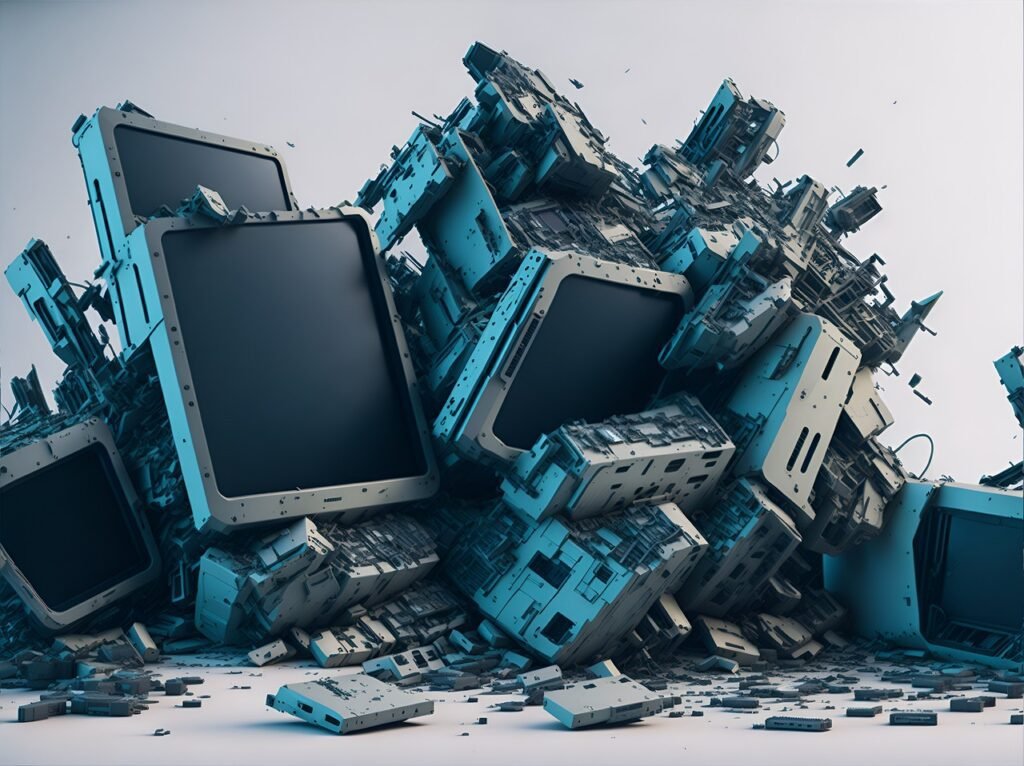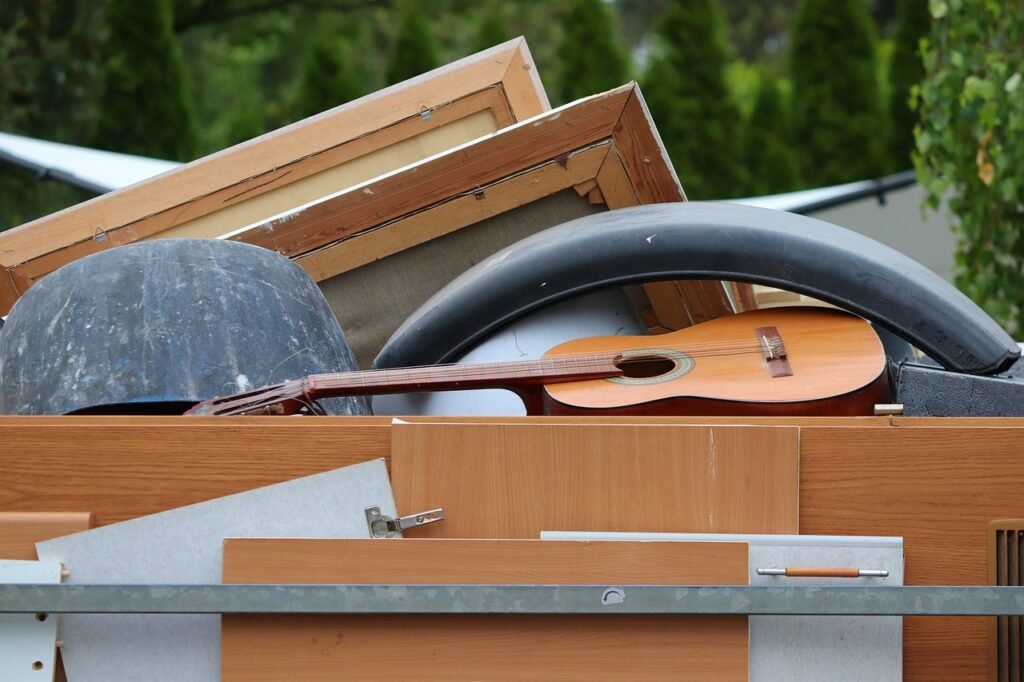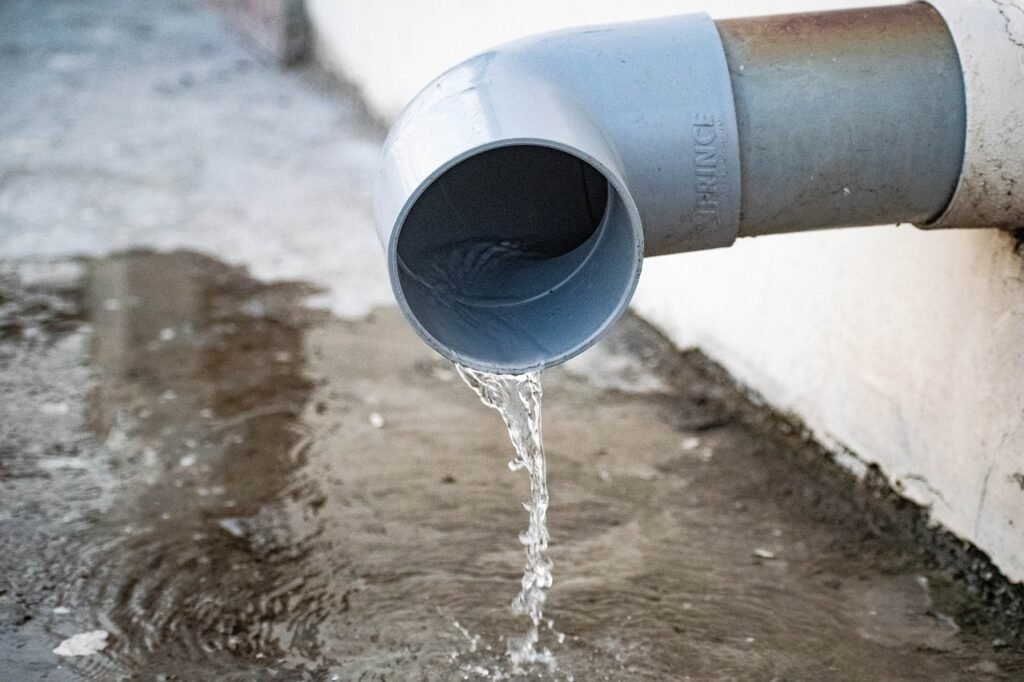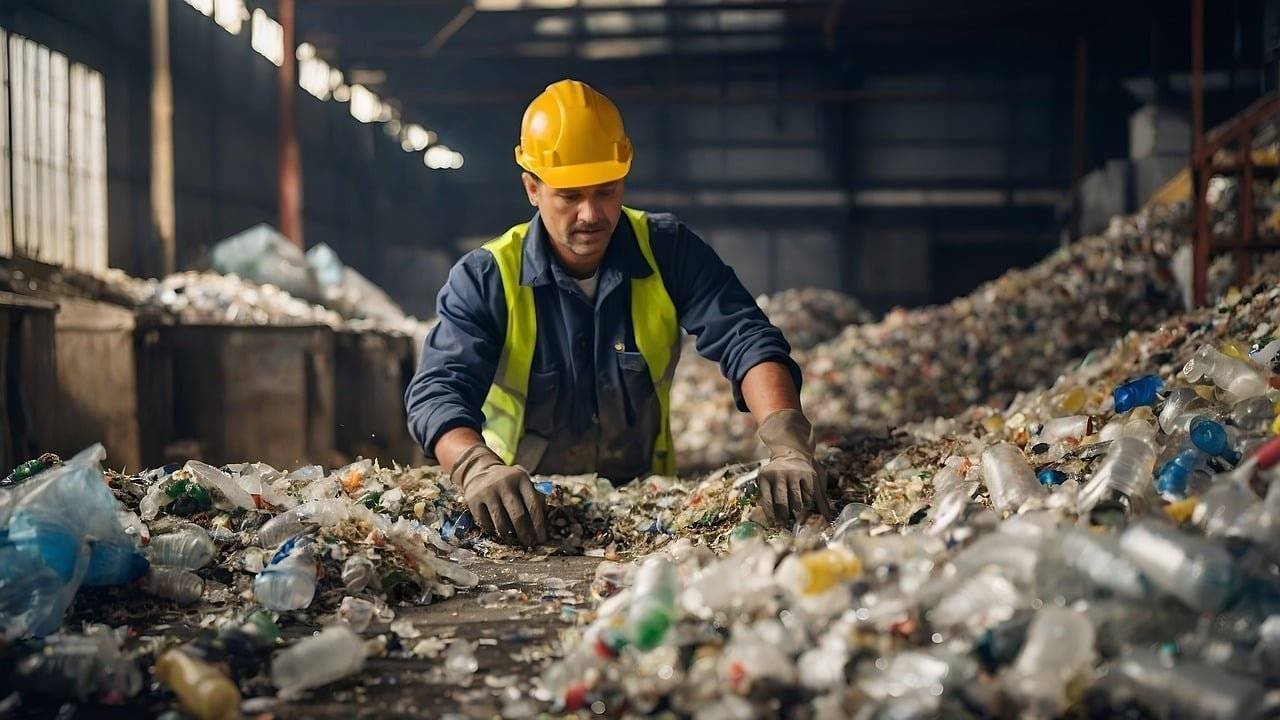Global warming looms large as a critical threat to our planet. Combating this crisis necessitates a multi-pronged approach, and recycling waste stands as a powerful weapon in our arsenal. Beyond its environmental benefits, the recycling industry has blossomed into a lucrative business venture. This analysis delves into the world of recycling businesses, exploring profitable opportunities and considerations for aspiring entrepreneurs.
The Diversified Landscape of Waste:
Waste streams are not created equal. Our world generates a vast array of discards, from household waste to construction debris and obsolete electronics. The type of recycling business you establish hinges on the specific waste category you choose to tackle.
Preparation is Paramount:
Before diving headfirst into the world of recycling ventures, careful planning is essential. Here are three key pillars to consider:
- Target Waste Selection: Identify the type of waste you’ll focus on. Household waste, construction debris, or electronic waste – each presents unique challenges and opportunities.
- Process Knowledge: Understanding the recycling process for your chosen waste is crucial. Research the specific methods involved and invest in appropriate machinery.
- Market Research: Don’t just recycle – understand the market for recycled products. Research potential customers and develop a solid marketing strategy.
Top 10 Profitable Recycling Business Ideas:

1. Aluminum Recycling: The undisputed champion of recyclables, aluminum boasts minimal waste and high profits. Aluminum cans are readily available, making collection and processing a potentially lucrative venture.

2. Electronic Waste Recycling: E-waste harbors valuable and profitable materials like cadmium and lead. However, due to the presence of hazardous components, safety precautions and expert personnel are mandatory. Complying with government regulations is crucial.

3. Junkyard Furniture Revival: This option demands creativity and craftsmanship. Transforming discarded furniture into usable pieces caters to a growing market seeking unique, upcycled items. The relatively low start-up costs make this a particularly attractive option.

4. Textile Recycling: Landfills overflow with discarded clothing and textiles. These materials can be reused with minor alterations or recycled for new applications, like manufacturing new clothes or furniture reinforcement. Building a steady supply chain for collecting unwanted textiles is key to this business’s success.

5. Mattress Recycling: Millions of mattresses end up in landfills each year. Fortunately, these complex items can be broken down into their constituent parts – metal, fabric, and plastic – for individual recycling with a high success rate.

6. Glass Recycling: Relatively easy to melt and reshape, glass offers a vast array of potential products, from drinking glasses to sculptures and fiberglass. The recycling process involves crushing, sorting, cleaning, and then molding the glass into desired shapes.

7. Utensil Recycling: Our kitchens generate significant waste, including discarded utensils. These metal (steel, copper, iron) items can be recycled and reborn as new utensils, generating profit while reducing waste.

8. Construction and Demolition Waste Recycling: Construction sites leave behind a mountain of non-biodegradable debris. This waste can be transformed into usable bricks through a process of treatment and compression. Selling these recycled bricks to construction companies presents a lucrative opportunity.

9. Medical Waste Recycling: Hospitals produce a significant amount of hazardous medical waste. Thankfully, a substantial portion of this waste, like syringes and needles, can be safely sterilized and recycled.

10. PVC Recycling: PVC, commonly used in pipes, shades, and tanks, can be recycled through various chemical processes. The resulting products – sodium chloride, calcium chloride, and hydrocarbon products – can be used in new PVC production or as fuel.
Beyond the List: Innovation is Key
The recycling business landscape is constantly evolving. Entrepreneurs with a keen eye for emerging market needs can develop innovative solutions and carve out profitable niches. The abundance of waste guarantees a steady supply chain, while the focus on environmental responsibility fosters positive brand recognition.
Conclusion: A Win-Win Proposition
The recycling business offers a compelling proposition. By diverting waste from landfills and transforming it into valuable resources, you contribute to environmental sustainability while generating healthy profits. So, the next time you look at a piece of “waste,” envision its potential for transformation. With careful planning and a focus on innovation, you can turn trash into treasure, benefiting both your wallet and the planet.



